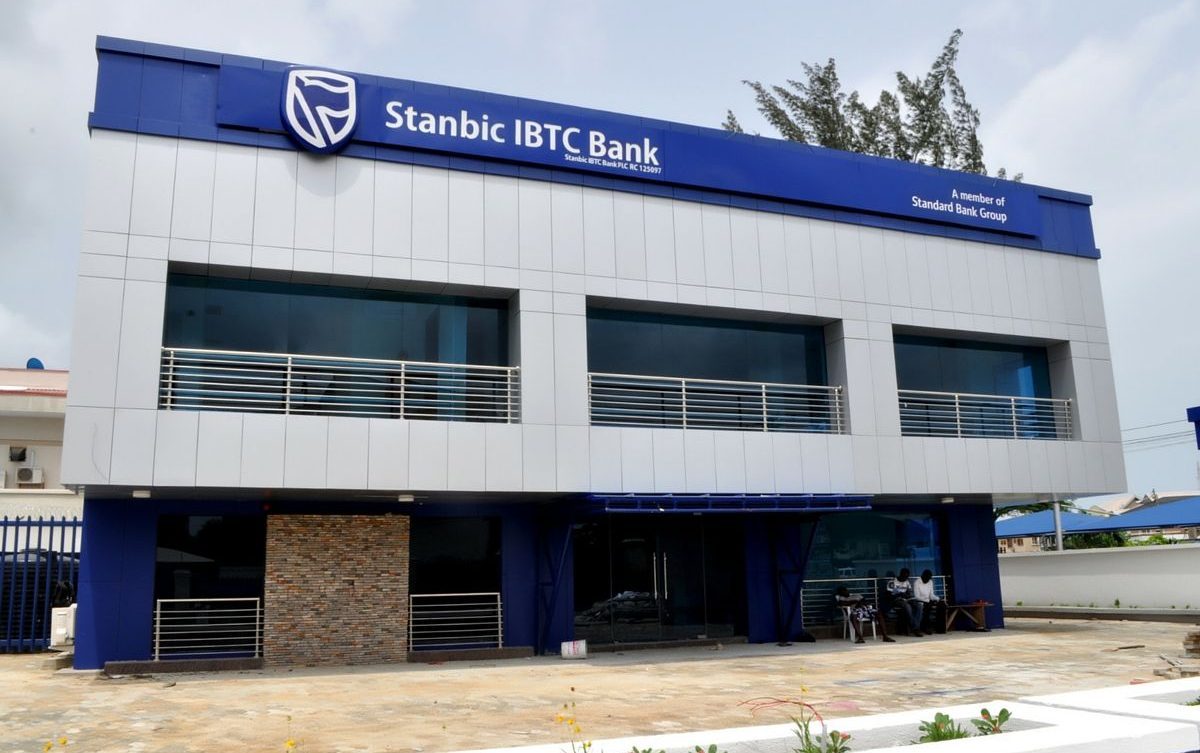Stanbic IBTC has pledged to continue to advance the cause of its women workforce as it strengthens its equal opportunity policy. This pledge was made at the 2018 Stanbic IBTC Blue Women Network (BWN) event in Lagos to commemorate the International Women’s Day, themed “Press for Progress”. According to the financial institution, women constitute over 42% of its workforce.
The Chief Executive, Stanbic IBTC Holdings PLC, Mr Yinka Sanni, in his opening speech at the BWN event, said Stanbic IBTC has shown, through its women-rich leadership, that it is indeed an equal opportunity employer. “I am pleased to note that our female colleagues continue to rise up to leadership roles across the Group,” Sanni said. According to the CE, “Stanbic IBTC remains an equal opportunity organisation where anyone can attain heights that their education, talent, performance, leadership, skill, experience and determination can take them.” Such attainment is generally a function of ability and preparedness, he added.
The Stanbic IBTC Blue Women Network is a platform established to provide the women in Stanbic IBTC the opportunity to engage and share knowledge among themselves and in the process gain new insights that will enhance their professional skills. The platform is also expected to support their all-round growth through information sharing, best practice and mentorship to help develop their leadership skills and advance their career prospects.
The event had two panel sessions where practical steps women needed to take to press for progress were discussed. Mentorship and support among women resonated among participants at the event. According to the panellists, who were drawn from within the Stanbic IBTC Group, knowledge and experience transfer through mentorship is imperative if the younger female members are to appropriately channel their talents and skills in a way to maximise opportunities for leadership and growth.
In her opening speech as chairperson of BWN, Chief Executive, Stanbic IBTC Trustees, Binta Max-Gbinije, said women have a responsibility to ensure relevance in their sphere of influence. She said she was proud that Stanbic IBTC is a shining example of an equal opportunity employer, and that women who occupy very strategic roles in Stanbic IBTC continue to fly the flag admirably. She, therefore, encouraged the women to take advantage of this to aspire to leadership positions in their various business segments and across the Stanbic IBTC Group.
The 2018 Edition of the Blue Women Network Magazine was officially unveiled at the well-attended event. The BWN is an initiative of Stanbic IBTC – with a focus on deliberately driving career growth and development of Stanbic IBTC women.



